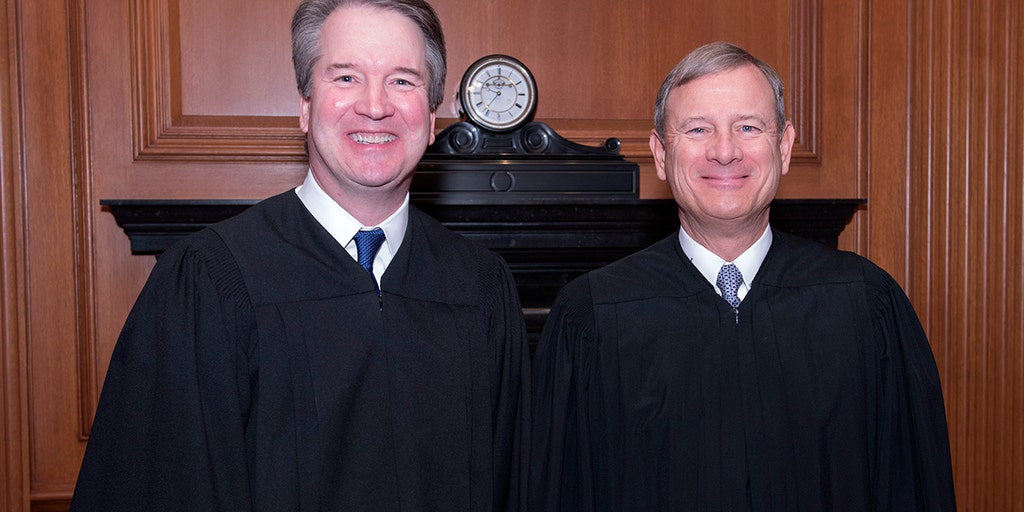 |
| dkfielding/Getty Images |
It should be a no-brainer that any reputed conservative Supreme Court would easily overturn recent bad decisions limiting sentences of life without parole for juvenile murderers, like the infamous D.C. sniper, Lee Boyd Malvo, who, along with his older partner, killed 17 and injured 10 in 2002 in the D.C. area. Yet here we are, completely unsure whether we have to five justices willing to affirm the long-standing precedent.
Many conservatives somehow think we are building an originalist majority to overturn terrible court decisions from 50 years ago, such as Roe v. Wade, yet no legal analyst seems to think we even have the votes to overturn terrible decisions made by Anthony Kennedy this past decade. Then what good are these much-vaunted Supreme Court nominees?
Before delving into the Malvo case, some background is in order. In 2005, contrary to practice in our country since the Founding, the Supreme Court ruled that capital punishment for juveniles violates the Eighth Amendment’s prohibition on cruel and unusual punishment in all cases. Writing for the majority in Roper v. Simmons, Anthony Kennedy applied foreign law to overturn a 1989 Supreme Court decision (Stanford v. Kentucky) and rule that a punishment in practice at the time of our Founding somehow violated our own Constitution. He felt that “the evolving standards of decency” gave him the right to unilaterally amend the Constitution. Liberals never have problems reversing precedents they don’t like when they discover new “rights.”
Well, what’s the alternative to the death penalty for people like Malvo who commit mass murder at the age of 17? Life in prison without parole, right? In Graham v. Florida (2010), Kennedy, joined by the liberals and Roberts, ruled that life in prison without parole for a juvenile is unconstitutional except for cases of murder. Then, in his incremental ad hoc constitutional amendment process, in Miller v. Alabama (2012), Kennedy took it to the next level and joined with the four liberals to rule that state laws mandating life in prison without parole even for murder are unconstitutional. Finally, in Montgomery v. Louisiana, the court retroactively applied the Miller v. Alabama decision to roughly 2,500 people already serving mandatory sentences of life without parole as juvenile murderers. Roberts bizarrely joined in with Montgomery, even though he wrote the dissent in Miller.

Freeze-frame right here. Given that it was Anthony Kennedy who insidiously took a hatchet to long-standing state powers over juvenile justice from 2005 to 2016, and he has now been replaced with the much-vaunted Brett Kavanaugh, shouldn’t we have the confidence that everything from Roper through Montgomery should be reversed? If we are promised by the Republican legal establishment that the new Supreme Court will overturn long-standing bad precedent, it certainly should easily overturn this craziness from just a few years ago.
Remember, we are not debating the policy or political merits of capital punishment or life without parole for juvenile murderers. We are debating the notion that the Constitution prohibits states from passing these laws. No originalist can ever contemplate such a novel idea, and with all the hype surrounding Gorsuch and Kavanaugh, this should be easy to overturn. Anyone calling himself an originalist should agree with what Thomas wrote in Graham v. Florida – that “the Cruel and Unusual Punishments Clause was originally understood as prohibiting torturous methods of punishment—specifically methods akin to those that had been considered cruel and unusual at the time the Bill of Rights” (emphasis added).Read the rest from Daniel Horowitz HERE.
If you like what you see, please "Like" us on Facebook either here or here. Please follow us on Twitter here.

No comments:
Post a Comment